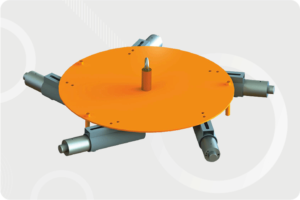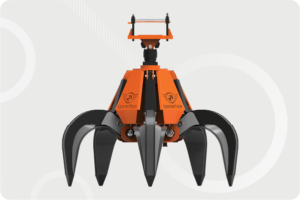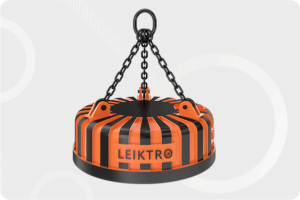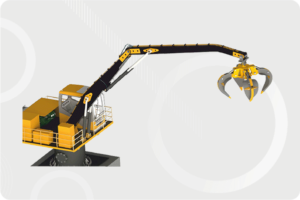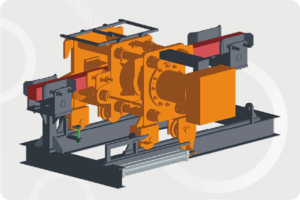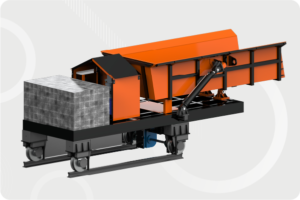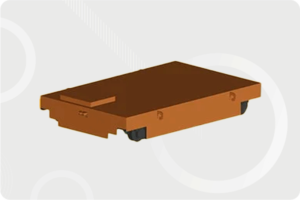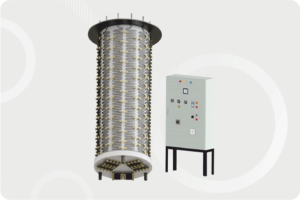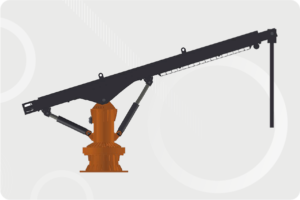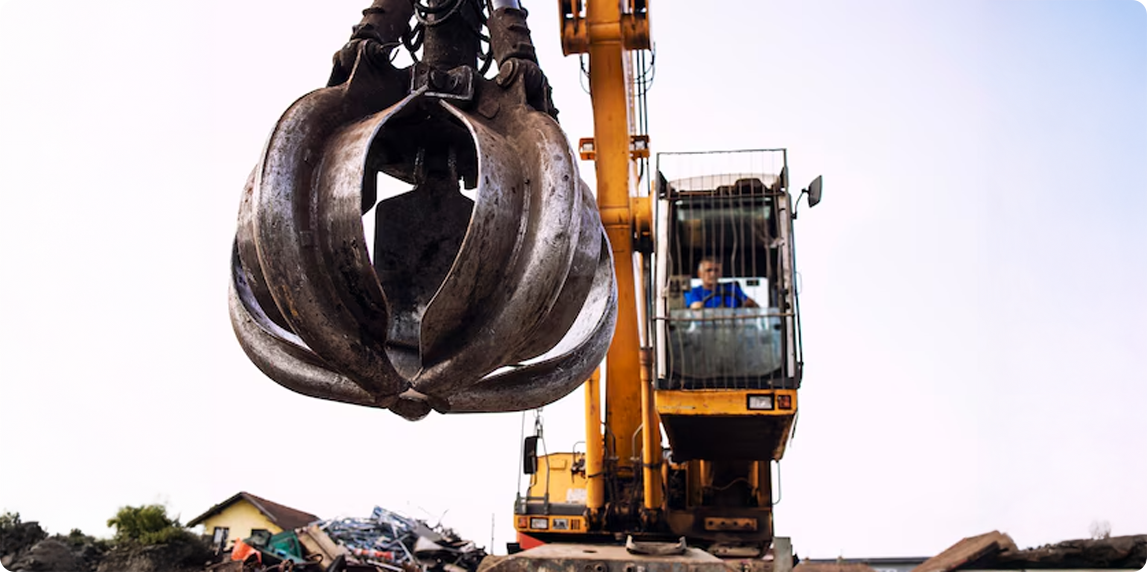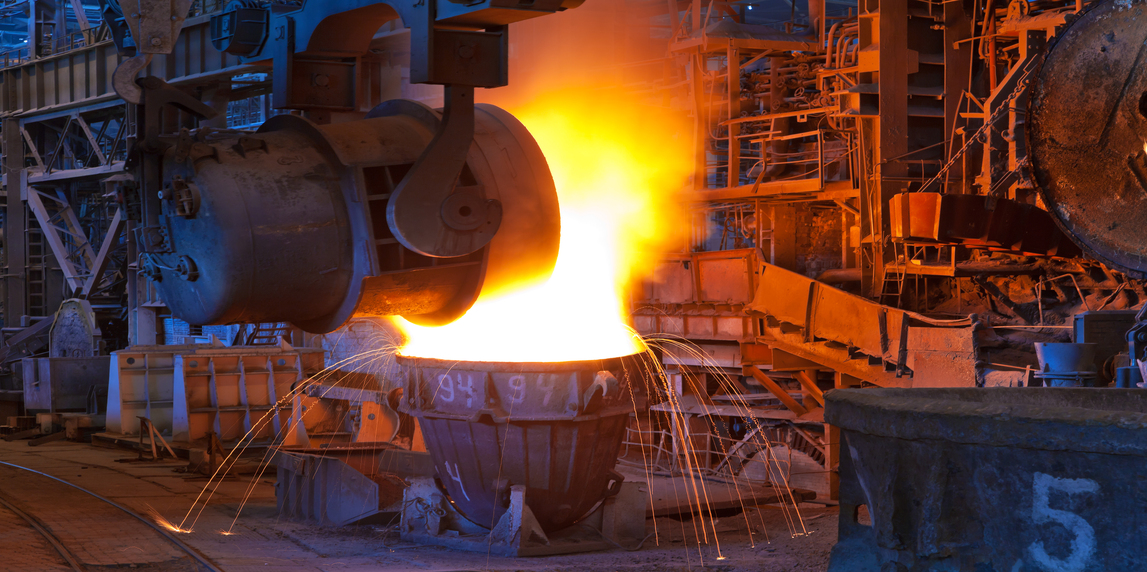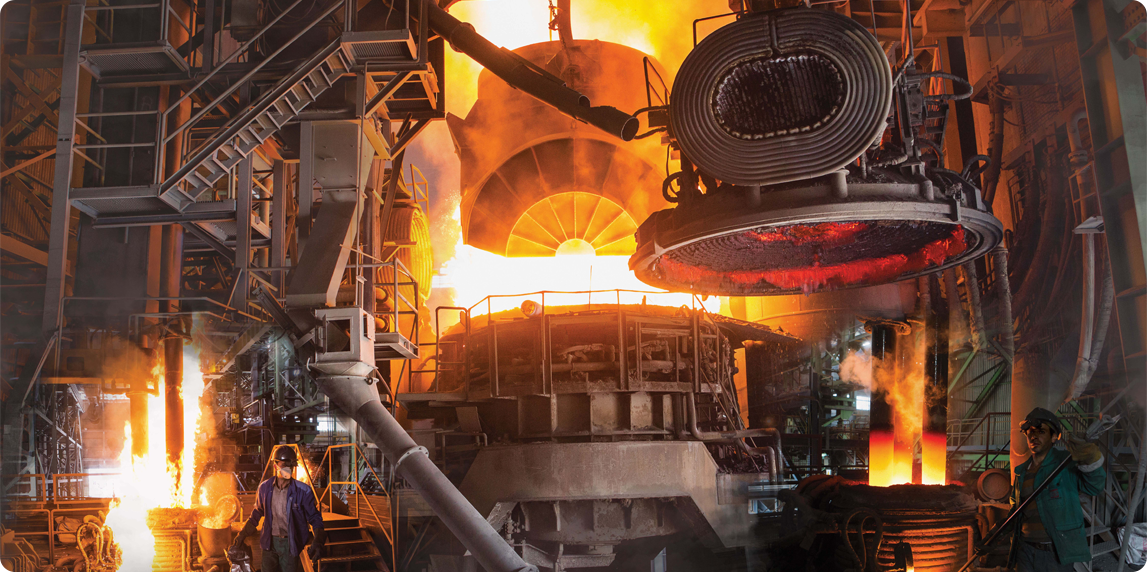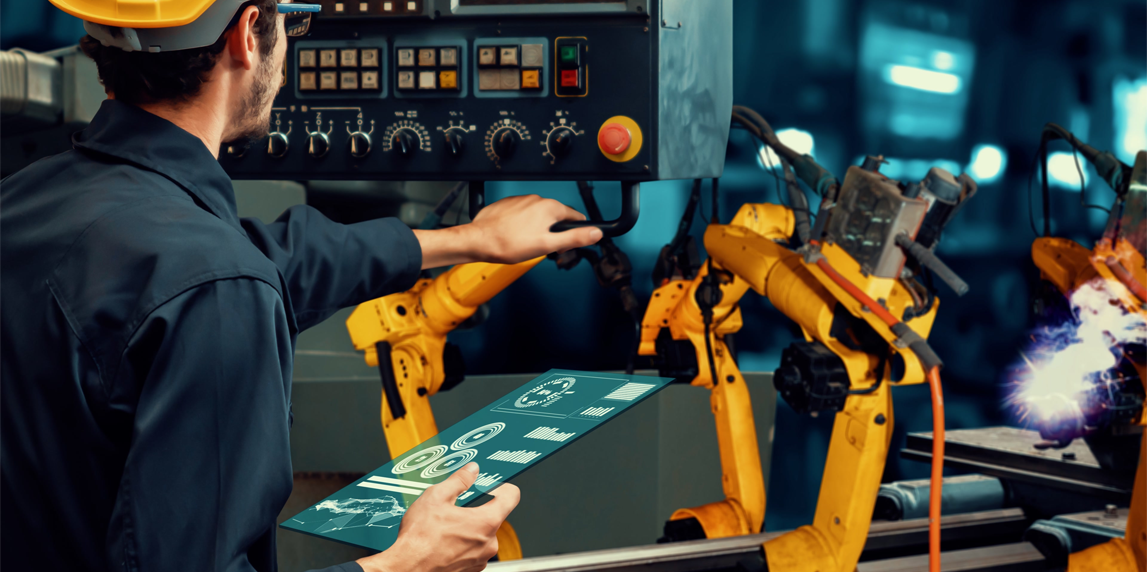
Lean manufacturing, a methodology aimed at minimizing waste while maximizing value, has become a cornerstone of modern industrial operations. The core principles of lean manufacturing—reducing waste, improving flow, enhancing quality, and delivering value to the customer—align perfectly with the capabilities of LeisterTech’s advanced industrial machinery. LeisterTech’s offerings, which include high-precision machines, smart systems, and automated solutions, support companies in adopting lean principles across production lines, helping them reduce waste, optimize efficiency, and improve overall process performance.
How LeisterTech Supports Lean Manufacturing Principles
1. Minimizing Waste with Precision and Automation
Hydraulic Pushers
Scrap Transfer Systems
2.Enhancing Quality and Reducing Variability

Precision Equipment: Machines like LeisterTech’s shearing tools and hot billet shears are designed to offer high precision, ensuring that every part produced meets exact specifications. This reduces the need for rework, scrap, or excess inventory, aligning with the lean focus on reducing variability and improving quality.
Automated Inspection Systems: Integrated with robotics and vision systems, LeisterTech’s machines can automatically inspect products for defects. This helps manufacturers identify quality issues early in the process, reducing waste due to defective parts and ensuring that only the best materials move through the production line.
3.Improving Production Flow and Reducing Downtime
Smart Sensors and IoT Connectivity
LeisterTech’s equipment is integrated with IoT sensors that enable real-time monitoring and performance tracking. This data-driven approach helps identify inefficiencies and bottlenecks in production lines, allowing for immediate corrective actions. Predictive maintenance features prevent unexpected machine failures, ensuring that equipment runs smoothly and without interruption, supporting the lean principle of continuous flow.
Real-Time Process Adjustments
Advanced features like temperature sensors on shearing machines and vibration monitoring on pushers allow for adjustments to be made in real time, reducing scrap production and optimizing cutting speeds. This helps manufacturers optimize the entire workflow and produce with greater consistency.
4.Energy Efficiency and Sustainable Practices
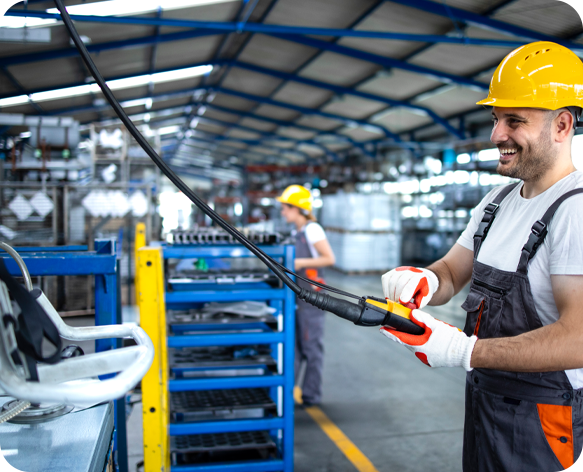
Energy-Efficient Machinery
Lean manufacturing isn’t just about reducing waste in materials but also optimizing energy use. LeisterTech’s machinery, such as lifting magnets, is designed to be energy-efficient, requiring less power to perform the same tasks. This not only reduces costs but also supports sustainability, which is increasingly part of lean practices that aim to reduce environmental impact.

Resource Optimization
By incorporating smart analytics and data-driven decision-making, LeisterTech helps manufacturers optimize the use of resources (both material and energy), ensuring that no valuable resource is wasted. This helps in achieving the lean goal of using resources in the most efficient manner possible.
Key Benefits of Lean Manufacturing with LeisterTech Machinery
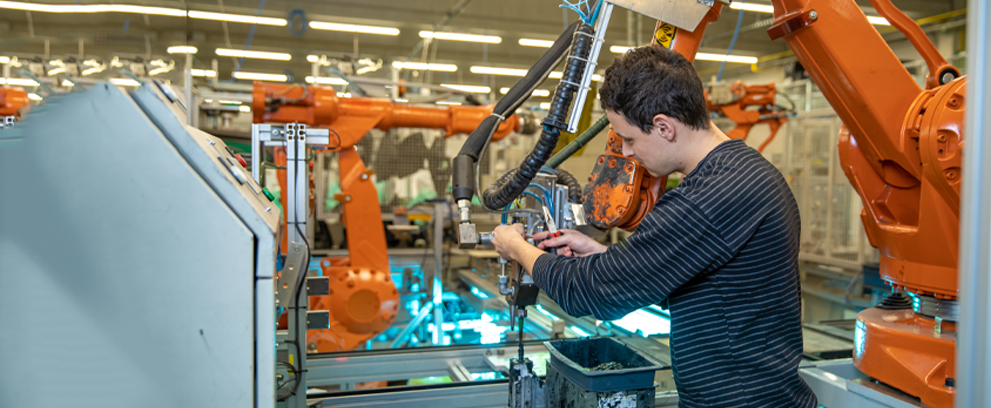
- Waste Reduction:
- By automating repetitive and precise tasks, LeisterTech’s machinery eliminates waste in materials, energy, and human resources. The use of sensors and data analytics ensures that operations are continuously optimized, reducing both material wastage and operational inefficiencies.
- Improved Production Efficiency:
- LeisterTech’s machinery contributes to shorter cycle times and faster throughput. The combination of automation, predictive maintenance, and real-time process optimization allows for a continuous and smooth production flow, which directly aligns with lean manufacturing principles.
- Enhanced Product Quality:
- Precision equipment minimizes defects, ensuring that products meet quality standards from the outset. This reduces the need for corrections or rework, thus eliminating waste and improving overall productivity.
- Cost Savings and Profitability:
- Lean manufacturing focuses heavily on cost reduction through efficiency improvements. By using energy-efficient machinery and automated solutions, LeisterTech helps manufacturers reduce operating costs while maintaining high production standards. The ability to track performance in real-time also helps in cost forecasting and budgeting more effectively.
Case Studies: Lean Manufacturing in Action with LeisterTech
LeisterTech integrates these technologies into their advanced industrial machinery, demonstrating their commitment to Industry 4.0. Examples include:
Steel Production
Foundries
The Future of Lean Manufacturing with LeisterTech
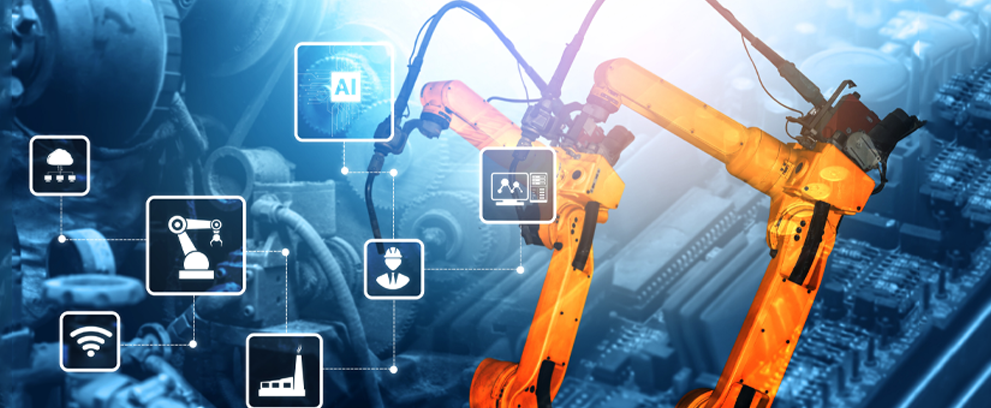
AI-Powered Optimization:
LeisterTech is increasingly integrating artificial intelligence (AI) into its machinery to enhance process optimization. AI can analyze massive amounts of operational data to identify patterns and opportunities for further improvement, ensuring that lean principles continue to evolve.
Integration with Industry 4.0:
With Industry 4.0, LeisterTech’s systems will become even more interconnected. The use of smart sensors, cloud computing, and data analytics will help manufacturers create digital twins of their operations, allowing them to simulate and optimize processes in real time.
Sustainability and Lean
As sustainability becomes a more prominent focus in manufacturing, LeisterTech’s commitment to eco-friendly technologies ensures that lean manufacturing can coexist with green manufacturing. This includes energy-efficient machinery, as well as systems designed to minimize waste and support circular manufacturing practices.
LeisterTech’s advanced industrial machinery aligns perfectly with the principles of lean manufacturing, helping industries reduce waste, enhance production efficiency, and improve product quality. Through automation, precision, and real-time monitoring, LeisterTech offers solutions that help businesses embrace lean practices and stay competitive in a rapidly evolving market. As lean manufacturing continues to grow in importance, LeisterTech’s innovations will play a crucial role in enabling industries to operate more sustainably and efficiently.
lpipl
lpiplYou Might Also Like
- lpipl
- 0 Comments
- lpipl
- 0 Comments
- lpipl
- 0 Comments


